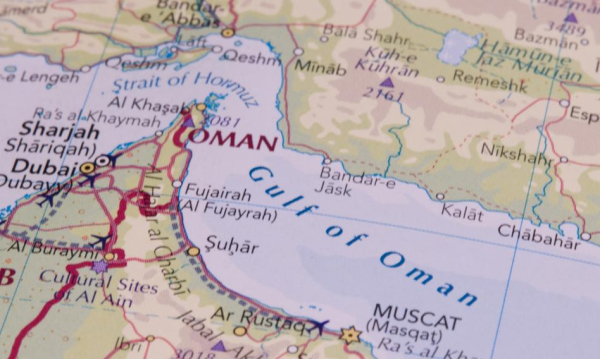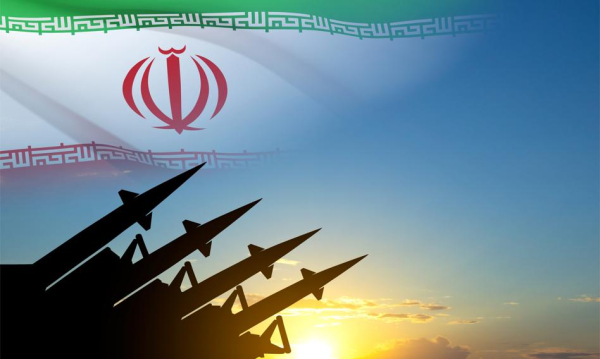Iran's parliament approved on Sunday the closure of the Strait of Hormuz, which lies on the route from the Persian Gulf to the Arabian Sea, Reuters reported. The final decision will be made by Iran's Supreme National Security Council.

Esmail Kosari, a member of the Islamic Revolutionary Guard Corps and a member of parliament, said on Sunday that closing the strait was on the country's agenda and “the final decision on this matter will be made when necessary.”
Iran's Mehr news agency, citing Behnam Saidi of the Iranian parliament's security committee, reported on Thursday that Tehran was considering closing the strait in response to Israel's recent attacks. Reuters recalled that Iran has made threats to close the Strait of Hormuz in the past, but has never carried them out.
US Strikes Iran. Trump: We Conducted “Very Successful Attacks” on Nuclear Facilities
President Donald Trump said Saturday that the U.S. had carried out “highly successful attacks” on Iran's nuclear facilities, including the uranium enrichment plant in Fordo. The facilities were to be destroyed, and Trump called on the parties to the conflict to make peace.
READ MORE…
Danish container shipping company Maersk confirmed on Sunday that its ships were still sailing through the Strait of Hormuz.
“We will continually monitor risks in the region and will be prepared to take operational action if necessary,” Maersk said.
According to data from analyst firm Clarksons Research, cited earlier this week by the Financial Times, the growing risk associated with the Iranian-Israeli attacks that have been ongoing since June 13 has caused the price of chartering large tankers through Hormuz to more than double. The daily cost of chartering a ship carrying 2 million barrels of oil from the Persian Gulf to China, for example, has risen from about $20,000 two days before Israel attacked Iran to more than $47,600 on Wednesday.
The Strait of Hormuz is located on the route leading from the Persian Gulf to the Arabian Sea. It is the only route through which oil shipments can flow from the Gulf. 18 million barrels of oil are transported through the strait daily, which is about 20 percent of the world's daily demand for this raw material. (PAP)
jbw/ zm/






